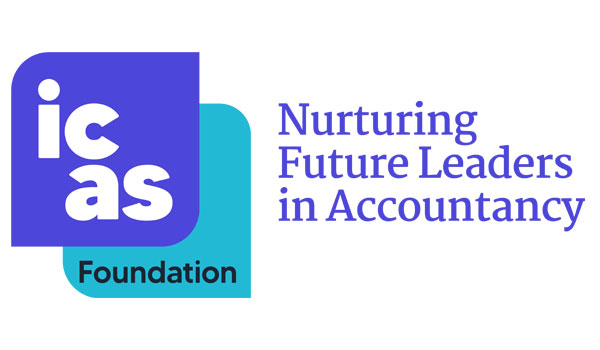Introduction
BSc (Hons) Finance prepares you for a successful career in highly sought-after and well-compensated jobs at top employers in investment and finance. Potential careers include Investment Banker, Financial Analyst, Trader, Financial and Asset Manager, Risk Manager, and Actuary. The course offers a perfect balance of academic theory informed by cutting-edge research and valuable practical experience.
You will gain a strong understanding of finance while also improving your skills in communication, teamwork, data analysis, programming, use of AI, and leadership.
There are opportunities to study abroad, complete an internship, and take the Chartered Financial Analyst (CFA) level 1 examination as part of the course. This degree also prepares you to pursue a specialised MSc at leading UK and international universities.
Why Lancaster?
This degree is flexible, career-focused, and professionally designed to prepare you for highly remunerated jobs at leading employers in investment and finance. You will benefit from our strong connections with top firms in the financial sector. Our specialist Accounting and Finance career coaching team provide support with landing internships and placements in the financial industry.
Students graduate from this course as independent thinkers and skilled communicators. They have strong analytical and quantitative skills and are valued for their expertise in financial modelling and investment decision-making capabilities. Our graduates go on to achieve professional roles, including:
- Investment Banker
- Financial Analyst
- Trader
- Financial and Asset Manager
- Risk Manager
- Actuary
You will explore a wide range of topics essential for finance-oriented careers. You will cover traditional finance building blocks such as financial markets, corporate finance, investment, and asset pricing. We will also address highly topical subjects such as financial technology (FinTech), blockchain and cryptocurrency, applications of AI and machine learning, big data in finance, climate finance, and Environmental, Social, and Governance (ESG) issues.
The course also covers key data analysis skills, including programming in Python and R - two modern programming languages that are key requirements in the area. You will learn financial modelling and risk management, along with how to use data platforms such as Bloomberg effectively. Important practical skills include critical thinking, effective communication and teamwork, problem-solving, project management, strategic planning, and leadership. This will help you work confidently and become a future leader in the challenging, fast-changing, but exciting financial world.
As part of the course, there are opportunities to carry out internships and placements at top firms in the financial industry or complete a period of study abroad at one of our international partner universities, subject to availability. You may also opt to take the CFA level 1 examination.
Throughout your studies, you will be taught by world-leading academics who work on major interdisciplinary research projects. These include investigating how to apply AI to banking, studying the art, precision and effectiveness of factor investing and hedge fund strategies, and developing state-of-the-art methodologies for risk and volatility modelling and real-time detection of extreme market movements such as flash crashes.
We leverage our strong connections with the financial industry through our in-house Industry Engagement and Knowledge Transfer Series (IEKTS). This includes regular talks and events featuring guest speakers from leading global financial institutions, top asset management companies, financial regulators, and economists from around the world. These sessions offer unique opportunities to gain insights from both top academics and industry practitioners.





.png)








